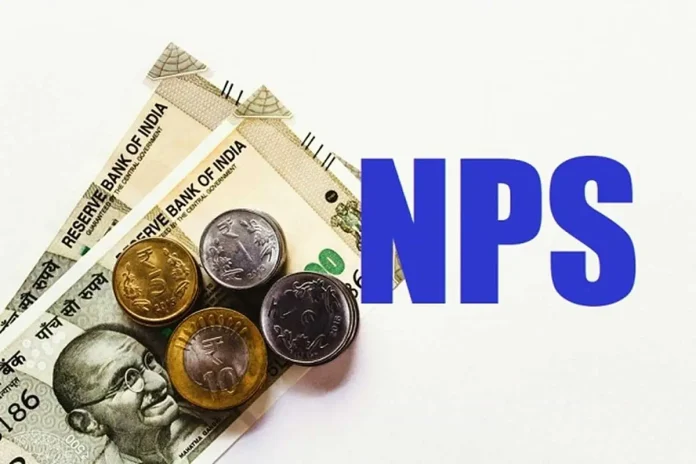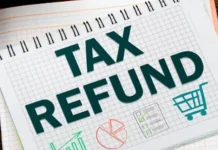
Income Tax: Union Finance Minister Nirmala Sitharaman will present the budget for the sixth time on 1 February 2024. Let us tell you that in this budget the government can make many announcements regarding salary class.
The focus of the government this time is to make the National Pension System better and attractive.
Budget 2024 : The government may take steps to make the National Pension System (NPS) attractive. Union Finance Minister Nirmala Sitharaman will present the budget (Union Budget 2024) for the sixth time on 1 February 2024.
Nirmala Sitharaman is going to present the last budget of the second term of the Modi government because after that Lok Sabha elections are going to be held across the country.
In such a situation, the government can make many announcements about salary classes. The focus of the government this time is to make the National Pension System better and attractive. So that, more and more people invest in it. The Finance Minister can make some special announcement regarding this in the budget.
Rebate on NPS should be increased-
Tax experts are recommending increasing the tax exemption limit of National Pension Scheme (NPS) in both the taxi regimes to Rs 1,00,000. This step will motivate people to invest money in NPS. Currently, a subscriber’s contribution to NPS up to Rs 50,000 gets deduction under section 80CCD (1B).
But this facility is available only in the old regime of income tax. Taxpayers using the new regime do not get this deduction. This is in addition to the tax benefit of Rs 1.5 lakh available under Section 80C in the old tax regime.
NPS will be made attractive-
Pension fund regulator PFRDA has demanded EPFO-like tax rules on employer’s contribution. Currently, the tax rules on employer’s contribution are different for NPS and EPFO. In NPS, only up to 10 percent of the employer’s contribution to the employee’s corpus (fund) is exempt from tax.
This is 10 percent of basic pay and dearness allowance. On the other hand, in EPFO, a total of 12 percent contribution to the employee’s corpus is exempted from tax. For a long time, experts have been demanding to eliminate this difference in tax rules.





